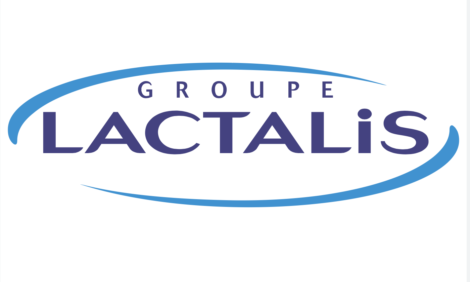



Exchange Rate Pushes UK Milk Prices Down
UK - According to the latest data from DG Agri, average farm-gate prices for the EU28 are now sitting at 22.96ppl (January 2016), which is 0.56ppl higher than two months before, AHDB DAiry has reported.Over the same time period the average UK price has fallen by 1.22ppl. As a result, the UK has dropped down the EU milk price league table from sixth to ninth place.
However, the increase in prices across most of the EU is being driven by changes in the Sterling-Euro exchange rate, not a general improvement in farm prices.
DG Agri actually quote prices in €’s per 100kg, where the EU28 average for January was €29.61, its lowest level for more than 5 years and €1.17 lower than November. When converted into ppl using the exchange rate for the month, changes in the relative strength of Sterling against the Euro have a direct impact on the prices for the other EU countries.
In the UK, when Sterling weakens against the Euro, the level and speed of the impact on the farmgate price depends on the product market the milk is directed to, AHDB Dairy said.
- Exporters to Euroland – will see a direct improvement in their product returns and this will be achieved as soon as they are paid. The only delay in this improvement would be if they hedged the currency when they did the deal;
- SMP or butter interveners – will see a direct improvement in the price they achieve as soon as they are paid. The SMP intervention price was £1,313 per tonne in February, £113 higher than the market price and £112 per tonne higher than it was in November. This is effectively putting a higher floor price in the UK for SMP. However, it takes 4 months from putting SMP into intervention until payment is made;
- Cheddar manufacturers selling in the UK – the weaker Sterling will make imported cheese more expensive in the UK. However, this will only flow through to UK manufacturer’s returns if they are able to renegotiate higher prices from their customers as a result;
- Liquid manufacturers – are relatively immune to exchange rate moves, apart from the potential impact on the value of excess fat.
As a result, a weakening of Sterling should put upward pressure on prices for UK manufacturers, but when and how this flows through to UK farm prices is very much affected by the exposure the milk buyer has to these fluctuations.
TheCattleSite News Desk


